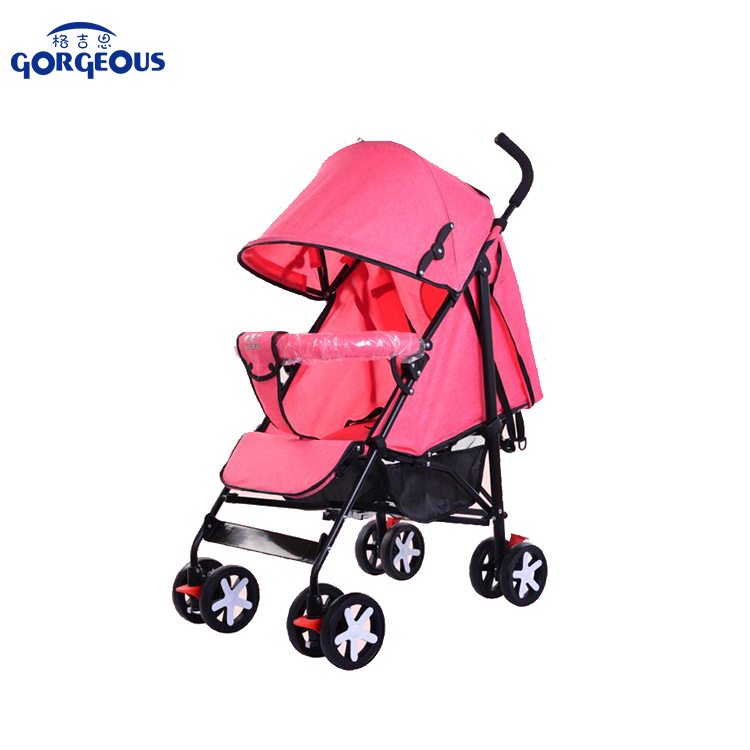12 月 . 03, 2024 14:41 Back to list
Scooter Manufacturing Innovations and Their Impact on Urban Transportation Solutions
The Scooter Factory Revolutionizing Urban Mobility
In recent years, urban mobility has become a significant concern for cities worldwide. Traffic congestion, pollution, and the growing demand for efficient transportation methods have led to innovative solutions. One such solution that has gained considerable popularity is the scooter. The scooter factory has emerged as a critical industry, contributing to this new era of urban mobility, transforming how people navigate their daily lives.
At the heart of this revolution is the scooter factory itself. Created to design, manufacture, and distribute electric scooters, these factories utilize cutting-edge technology and sustainable practices to produce environmentally friendly vehicles. Electric scooters offer an eco-conscious alternative to traditional vehicles, which contributes to reducing greenhouse gas emissions and dependence on fossil fuels. By harnessing renewable energy sources and integrating smart technology, scooter factories are at the forefront of green innovation.
The manufacturing process in these scooter factories is efficient and highly automated. Robotics and artificial intelligence play a vital role in ensuring precision and consistency in production. For example, automated assembly lines streamline the installation of components like batteries, motors, and control systems, allowing manufacturers to produce a high volume of units rapidly. This efficiency enables factories to meet the rising demand for scooters in urban areas, where they serve as a practical solution to mobility challenges.
Another standout feature of modern scooter factories is their commitment to sustainability. Many factories are designed to minimize waste and energy consumption throughout the production process. Recycling programs are implemented to repurpose materials, while energy-efficient machinery reduces the overall carbon footprint. Such strategies align with global efforts to combat climate change and promote sustainable transport solutions. Additionally, by producing scooters using recyclable materials, these factories contribute to a circular economy, ensuring that the life cycle of a scooter extends beyond the initial use.
scooter factory

The design of the scooters themselves also reflects the progressive mindset of these factories. Manufacturers are investing in research and development to create models that are not only functional but also appealing to consumers. Cutting-edge designs, coupled with intuitive user interfaces, enhance the riding experience. Features like smartphone connectivity, which allows users to track their scooters, check battery levels, and even reserve a scooter in advance, make these vehicles incredibly convenient for urban commuters.
Moreover, scooter factories are also addressing safety concerns associated with electric scooters. Through rigorous testing and adherence to safety standards, manufacturers ensure that their products are safe for public use. Integrated lighting systems, robust braking mechanisms, and anti-lock braking systems are becoming standard features in the latest models, contributing to safer riding experiences.
As electric scooters become increasingly integrated into city infrastructures, scooter factories are playing a pivotal role in shaping the future of urban transportation. Collaborations with local governments, ride-sharing companies, and urban planners are creating a versatile mobility ecosystem that supports diverse transportation needs. Scooter factories are not just manufacturers; they are key players in urban planning, helping cities design pedestrian-friendly environments.
Looking forward, the scooter factory industry is positioned for growth and innovation. As technology continues to evolve, we can expect advancements in battery life, faster charging capabilities, and improvements in overall vehicle performance. Additionally, as cities embrace smart transportation solutions, the demand for e-scooters will likely surge, prompting further investment in this burgeoning industry.
In conclusion, the scooter factory represents a significant step towards a more sustainable and efficient urban mobility future. By focusing on innovation, efficiency, and environmental responsibility, these factories are at the helm of a transportation revolution that promises to reshape how we navigate our cities. Whether used for commuting, running errands, or exploring, electric scooters are set to become an integral part of urban life, with the scooter factory leading the charge.
-
Children Tricycle Factory Custom Designs & Safety Certified
NewsMay.30,2025
-
Best Scooters for Teens Top-Rated, Safe & Durable Rides for 2023
NewsMay.30,2025
-
Affordable Mini & Baby Bicycle Prices Best Deals & Discounts
NewsMay.29,2025
-
20-Inch Kids Tricycle Adjustable Seat, Safe & Durable Design
NewsMay.29,2025
-
20 Inch Kids Bikes Lightweight, Adjustable & Durable Designs
NewsMay.29,2025
-
Magnesium disc Bicycle wholesale children bicycle wholesale children mountain balance bicycle
NewsMar.07,2025
